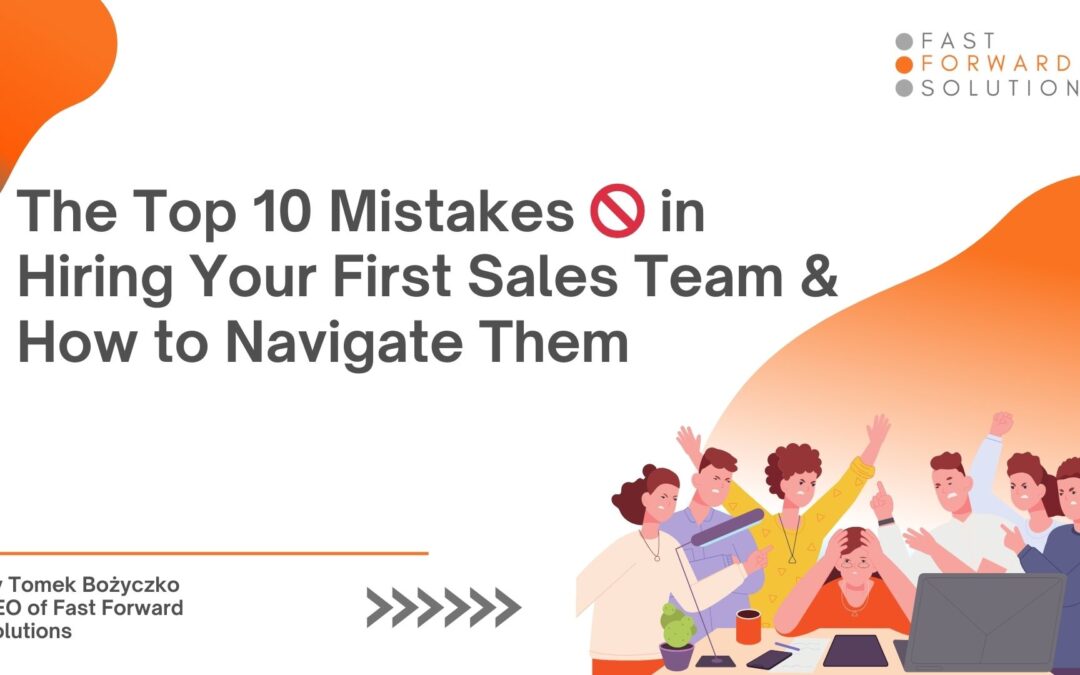11. payment of commissions with long delays.
Providing sales reps with a direct link between their positive actions and their commissions is the best way to reinforce the right sales behaviours and keep them loyal and productive.
It can be demotivating for a top BDM to deliver great sales and not receive commissions. Providing reps with a direct link between their positive actions and their commissions is the best way to reinforce the right sales behaviors and keep them loyal.According to Mark Roberge, who built the sales team at HubSpot, bonuses/commissions must be paid immediately.
12. forcing salespeople to attend too many internal meetings.
Time spent in meetings is time when representatives could be selling. Before inviting your sales team to a meeting, seriously consider whether it is absolutely necessary. If it's not necessary, don't make them sit in. If you absolutely must include them, make sure you have a clear and specific agenda.
Move through it quickly and systematically. The best thing you can do for your reps if they absolutely have to be in a meeting is to provide the maximum amount of information in the minimum amount of time. Instead, start each meeting with an agenda. It is important to stick to the agenda once it has been set.
These mistakes could cost you the loss of your best performing salespeople. If you find yourself doing something on the list above, stop immediately. Use these 12 proven tips if you can.
None of this is worth risking giving up the salespeople you have recruited so hard.
Fast Forward Solutions specialises in recruitment and consultancy services in sales and digital marketing primarily for clients in the new technology sector. Our rigorous and proven methodology combines role profiling, executive search and candidate assessment, complemented by consultancy services.
We provide guaranteed results and fast access to the best talent available in the market, so that any organisation working with us will be able to increase sales, reduce operating costs and improve human resource efficiency, company valuation and investor confidence. Please read our privacy policy. Tomasz Bożyczko is an experienced sales leader, president and founder of FFS












Latest comments